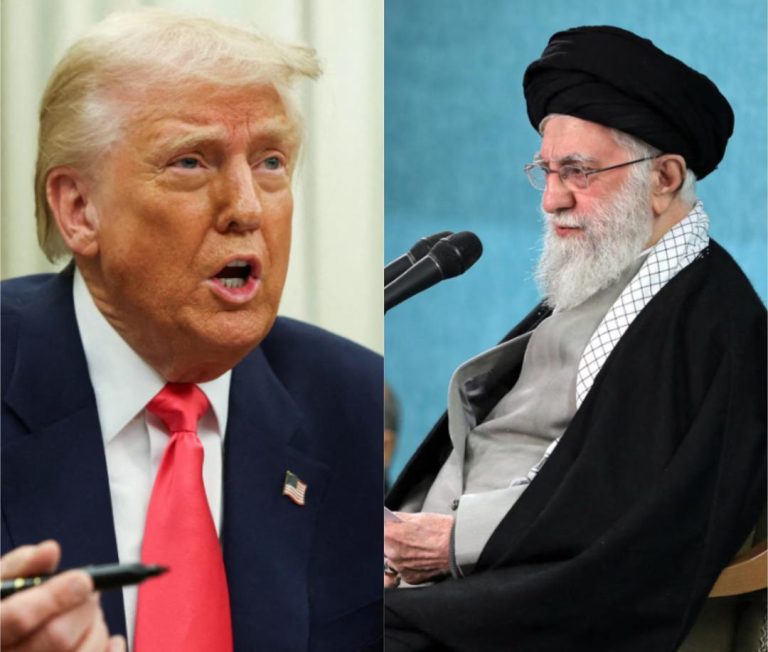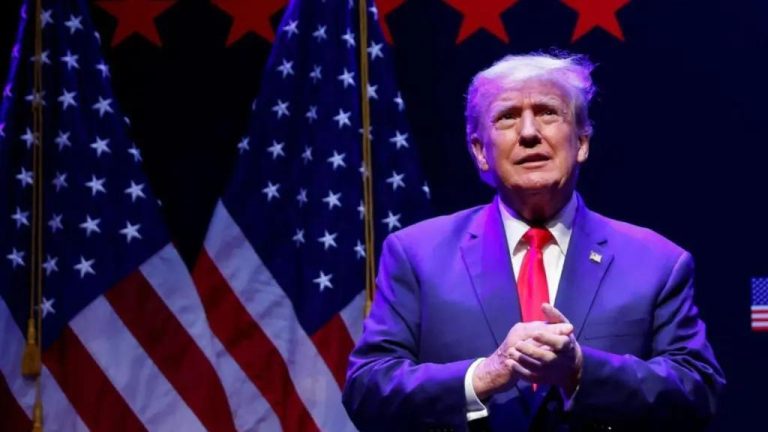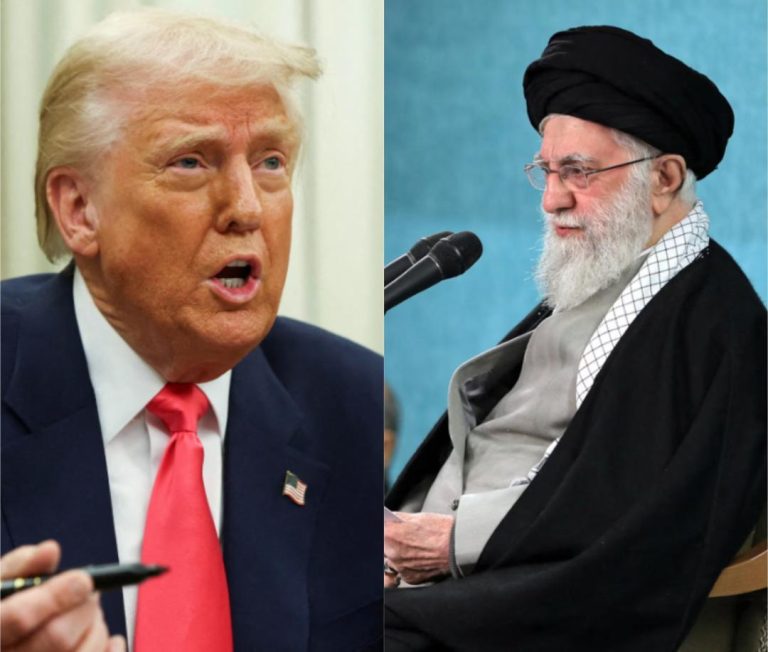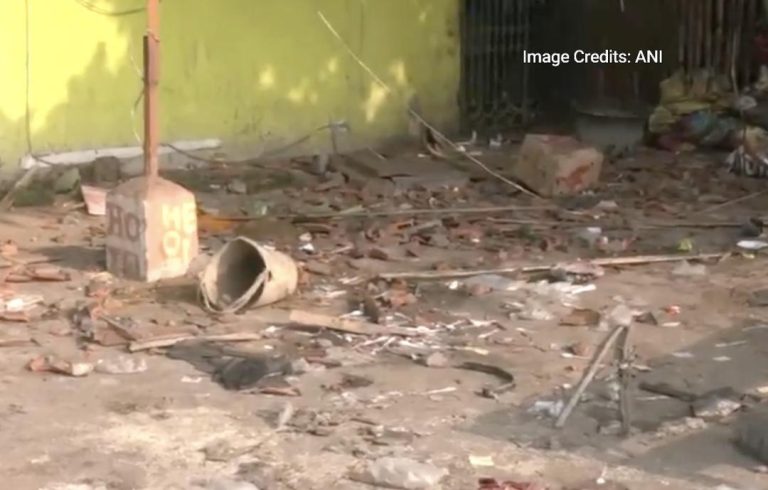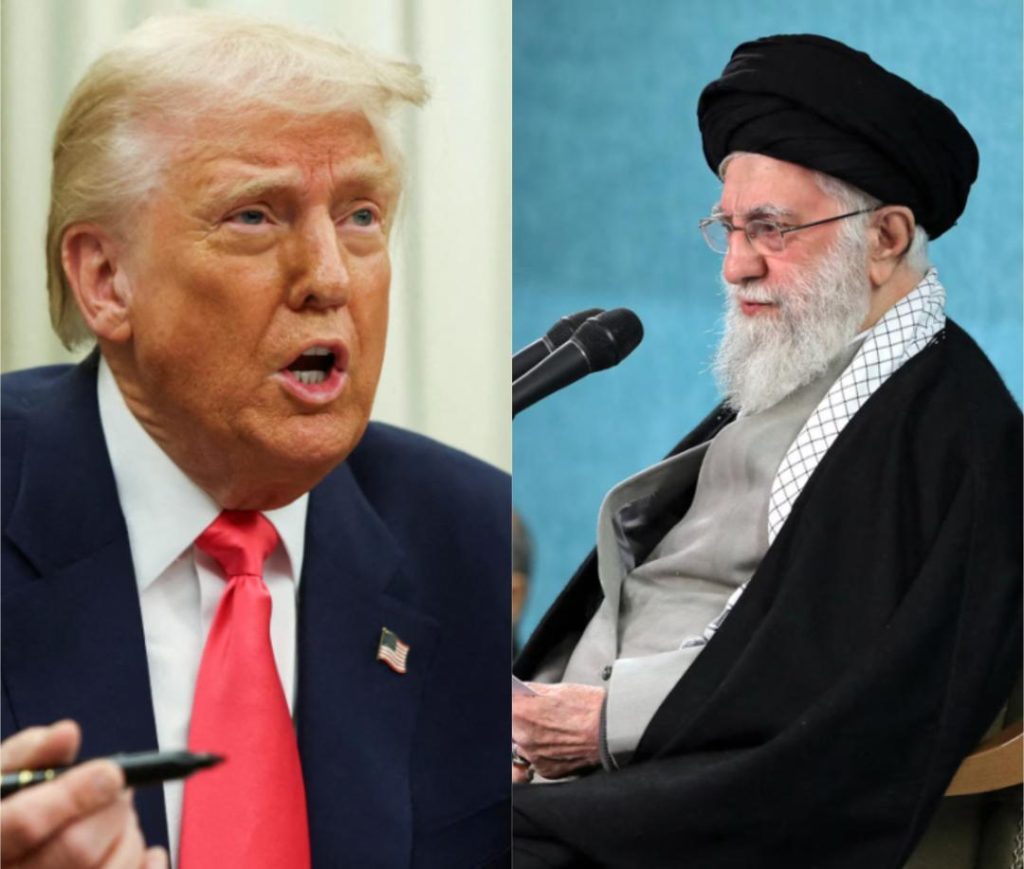
US & Iran begin nuclear talks days after Donald Trump threatened bombing
In a surprising move, Iran and the United States have started indirect talks in Oman, with Iran confirming the development. This comes just days after US President Donald Trump threatened to bomb Iran if it didn’t agree to a deal on its nuclear programme.
The talks, which are being facilitated by Oman, took place on April 12, 2025, with Iran’s Foreign Minister, Abbas Araghchi, and US President Trump’s Middle East envoy, Steve Witkoff, representing both sides. However, instead of meeting face-to-face, they are communicating through messages exchanged via Oman’s Foreign Minister.
The development marks a significant shift in the long-standing tensions between the two nations, which have been heightened in recent months. The talks are seen as a crucial step towards resolving the standoff over Iran’s nuclear programme, which has been a major point of contention between the two countries.
The talks were initiated by Oman, which has a long-standing relationship with both Iran and the United States. The country has been a key player in mediating conflicts in the region and has hosted several rounds of indirect talks between Iran and the US in the past.
The latest round of talks comes just days after President Trump threatened to bomb Iran if it didn’t agree to a deal on its nuclear programme. Trump warned that if Iran didn’t come to the negotiating table, he would take military action to prevent it from developing nuclear weapons.
Iran has long maintained that its nuclear programme is for peaceful purposes, and that it has a right to develop nuclear technology for energy production. However, the US and other Western countries have expressed concerns that Iran’s programme could be used to develop nuclear weapons.
The talks are being closely watched by regional players, including Iran’s neighbours, as well as international powers. The outcome of the talks is seen as crucial for the stability of the region and the global non-proliferation regime.
The indirect talks are a significant departure from the traditional format of direct talks between the two nations. The move is seen as a sign of the willingness of both sides to engage in dialogue and find a peaceful resolution to the conflict.
The talks are also seen as a test of the willingness of both sides to compromise and find common ground. The US has demanded that Iran agree to curb its nuclear programme and allow international inspectors to monitor its activities. Iran, on the other hand, has demanded that the US lift its sanctions and recognize its right to develop its nuclear programme.
The outcome of the talks is uncertain, but the fact that they are taking place at all is seen as a positive development. The indirect format of the talks may allow for more flexibility and creativity in the negotiating process, and may help to overcome some of the obstacles that have prevented the two sides from reaching a deal in the past.
The talks are being monitored closely by international powers, including the European Union, China, and Russia. The EU has been a key player in the negotiations, and has been working to facilitate a deal between the two sides.
The outcome of the talks is seen as crucial for the stability of the region and the global non-proliferation regime. The US and Iran have been at odds over Iran’s nuclear programme for years, and the conflict has been a major source of tension in the region.
In conclusion, the start of indirect talks between Iran and the US is a significant development in the long-standing conflict over Iran’s nuclear programme. The talks come days after President Trump threatened to bomb Iran if it didn’t agree to a deal, and mark a significant shift in the willingness of both sides to engage in dialogue.
The outcome of the talks is uncertain, but the fact that they are taking place at all is seen as a positive development. The indirect format of the talks may allow for more flexibility and creativity in the negotiating process, and may help to overcome some of the obstacles that have prevented the two sides from reaching a deal in the past.
